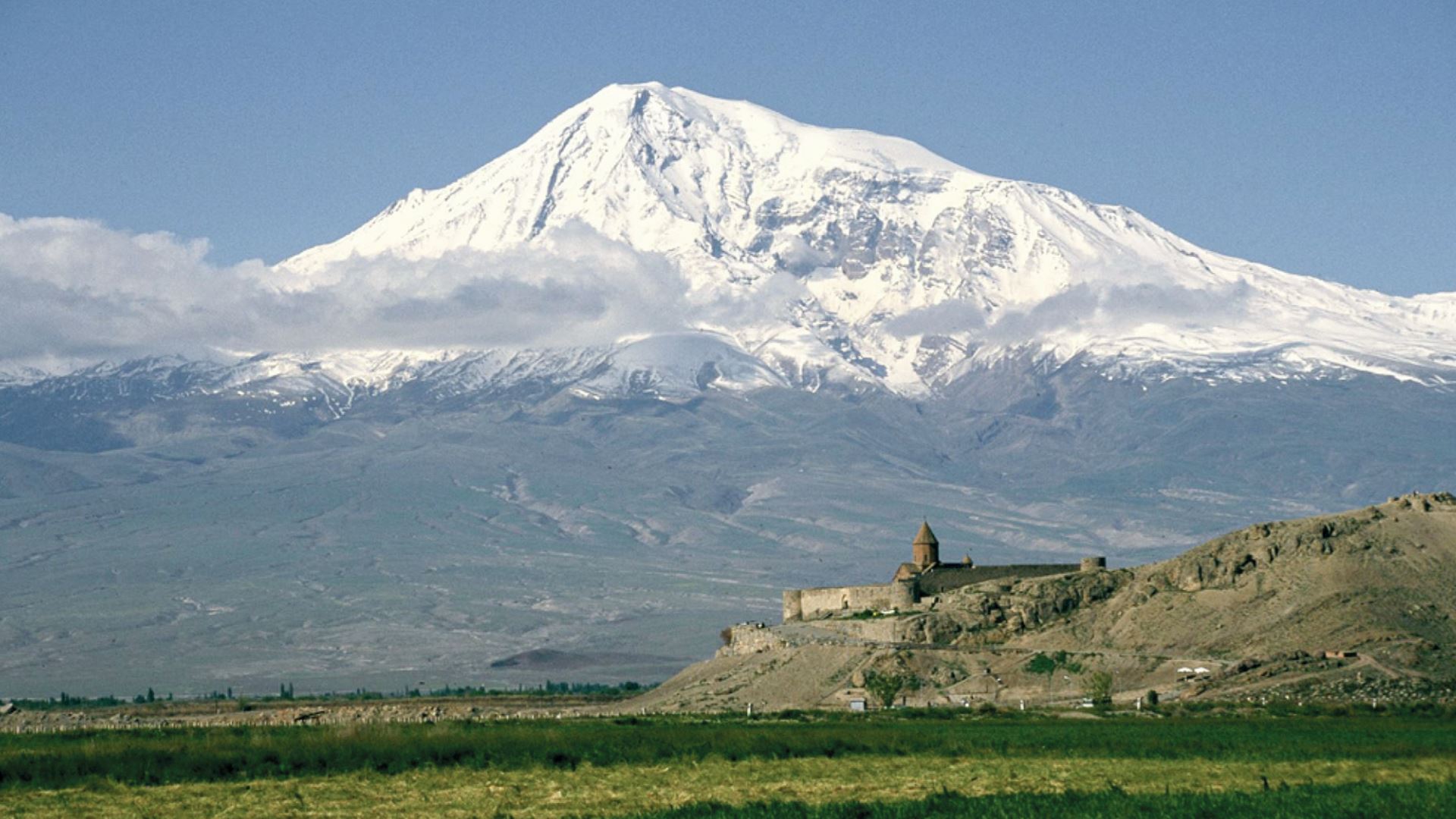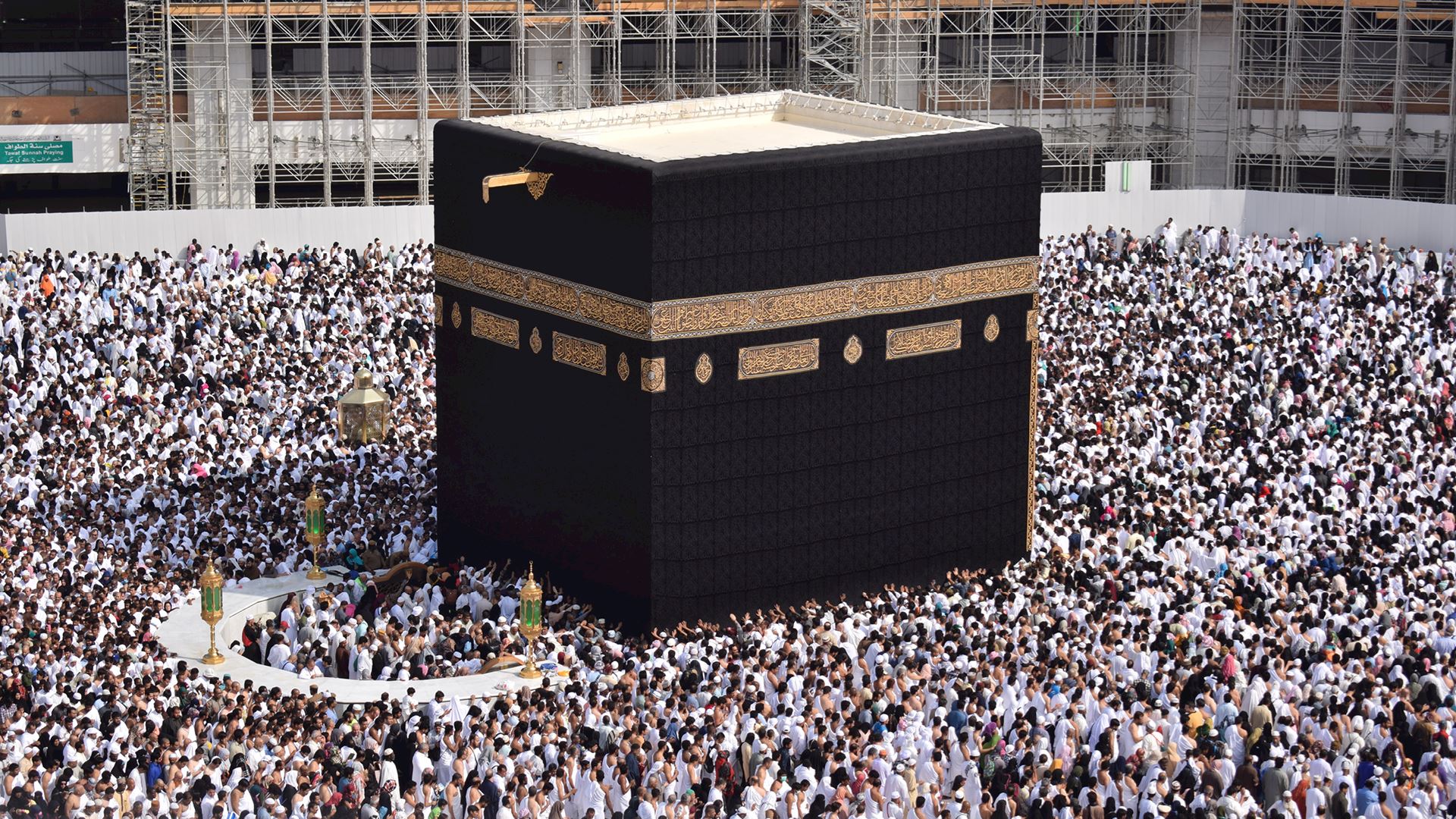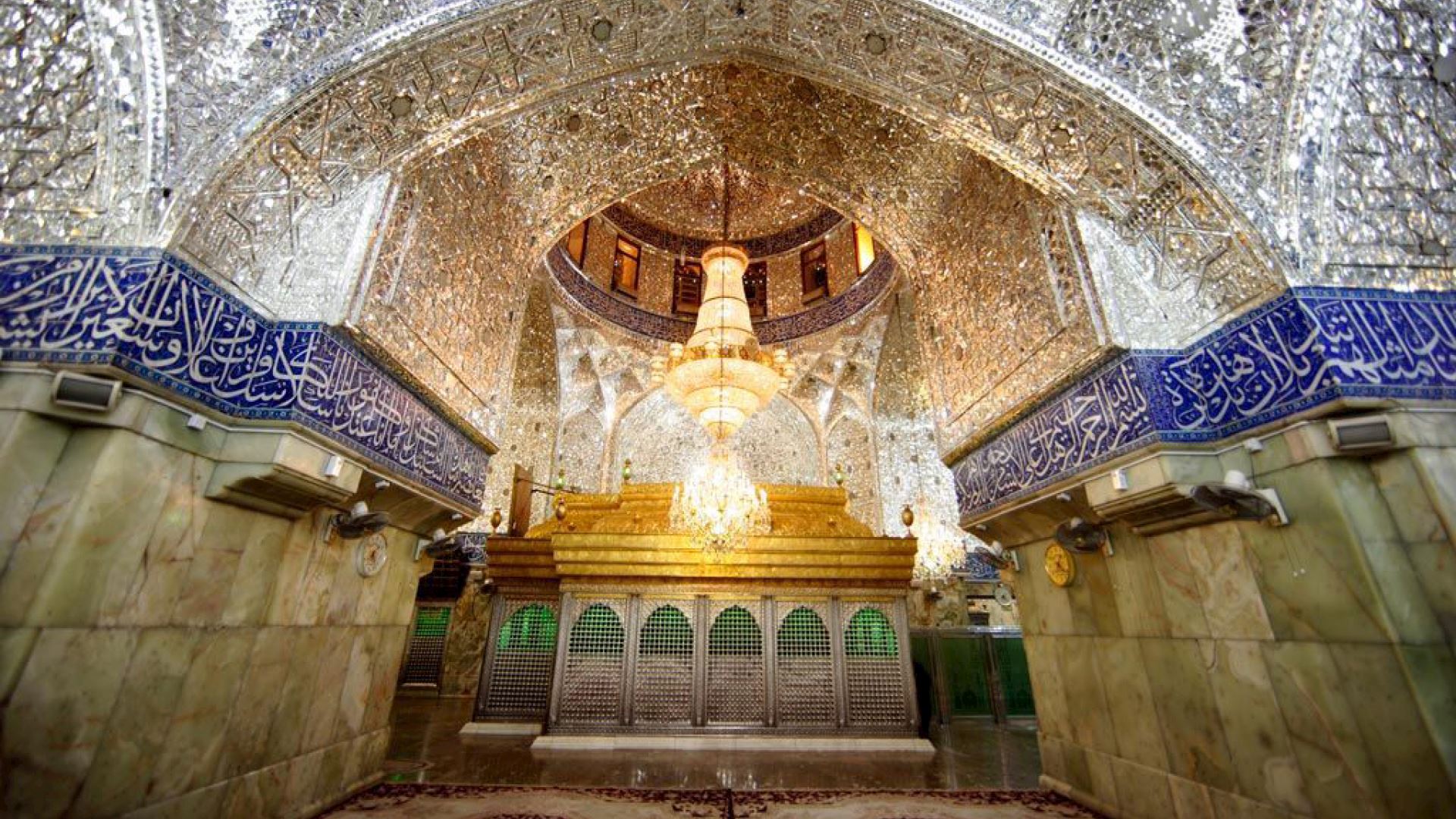The Significance of 'Ashura Throughout Human History

When is 'Ashura 2025?
Saturday 5th July will mark the 10th of Muharram, also known as 'Ashura, one of the most historically significant and blessed days in the year.
Allah (swt) says in the Qur’an, ′And We certainly sent Musa with Our signs, [saying], “Bring out your people from layers of darkness into the light and remind them of the days of Allah". Indeed in that are surely signs for everyone who is patient and grateful’. [Qur’an, 14:5]
'Ashura is one of these days of Allah, and it is thus important to respect and pay attention to its virtues and history.
'Ashura: Special From the Very Beginning
According to Imam Al-Ghazali, writing in his Mukhashfa al-Qulub, Umar ibn Al-Khattab (ra) was asked why the day of 'Ashura was considered so noble. Umar (ra) listed a few events which had taken place on 'Ashura, including:
- Allah created the skies and earth on this day, along with the Preserved Tablet
- Allah created Angel Jibril (as)
- Allah created Adam (as), as well as Hawwa (as)
- Allah created Jannah
- Allah enabled Adam (as) to live in Jannah
- The first rain to fall on earth was on 'Ashura
Therefore, since before the beginning of human history, 'Ashura has been filled with significant events.

As Ibn Katheer said, Allah selects from the days He has created certain days which are more blessed and special than others. It is therefore not coincidental that these events took place on 'Ashura, since everything has been written and planned by the best of planners.
Relief for Prophet Nuh (as) on 'Ashura
Nuh (as) was a truly amazing person. For around 950 years, he called his people to Allah, yet in all that time, only a small group of people believed in him. The rest of his people were filled with enmity and hostility towards him. In Nuh's own words, as related by Allah:
'He said, "My Lord, indeed I invited my people (to truth) night and day. But my invitation increased them not, except in flight. And indeed, every time I invited them that You may forgive them, they put their fingers in their ears, covered themselves with their garments, persisted, and were arrogant with (great) arrogance. Then I invited them publicly. Then I announced to them and I (also) confided to them secretly. And I said, 'Ask forgiveness of your Lord. Indeed, He is ever a Perpetual Forgiver. He will send (rain from) the sky upon you in (continuing) showers, and give you increase in wealth and children, and provide for you gardens and provide for you rivers'"'. [Qur'an, 71:5-12]
In these beautiful words, Nuh (as) invited his people to a Forgiving Lord and a Generous Lord, both in public and individually, yet they rejected him. For almost a thousand years, he appealed to their hearts and minds to recognise the truth of Allah's grandeur, yet they hated him and ridiculed him.
Finally, Allah ordered Nuh (as) to build an Ark and afterwards sent a Flood upon the earth, which only the passengers of the Ark survived. The waves were as high as the mountains and the rain fell for months. Eventually, Allah stopped the rain and the earth swallowed the water.

‘In a narration reported by Imam Ahmad (rh), it was on this day ['Ashura] that the Ark of Nuh (as) came to rest on Mount Judiyy’. [Tafsir Ibn Kathir]
That Allah chose this day to bring His devoted servant back to land, along with the believers, marks it out as one of the elite days in the year.
Relief for Prophet Musa (as) on 'Ashura
Ibn Abbas (ra) said, 'The Prophet (saw) came to Madinah and saw the Jews fasting on the day of ‘Ashura. He said, "What is this?" They said, "This is a righteous day, it is the day when Allah saved the Children of Israel from their enemies, so Musa (as) fasted on this day". He said, "We have more right to Musa (as) than you", so he fasted on that day and commanded [the Muslims] to fast on that day'. [Bukhari]
On 'Ashura, the Children of Israel escaped from Egypt and the oppression of the Pharaoh. Allah tells us:
'Then We inspired to Musa (as), "Strike with your staff the sea", and it parted, and each portion was like a great towering mountain. And We advanced thereto the pursuers. And We saved Musa (as) and those with him, all together. Then We drowned the others'. [Qur’an, 26:63-66]

Allah split the Red Sea so all the Children of Israel could flee, and the sea's waters fell back down behind them, drowning the Pharaoh and his army.
Therefore, Musa (as) and his followers fasted on that day, and the Prophet Muhammad (saw) followed Prophet Musa's (as) example in commemorating this day.
'Ashura and other prophets (as)
According to Al-Jilani, other Prophets (as) also went through significant events on 'Ashura, including:
- Adam (as): Allah accepted his repentance, and He forgave Adam (as)
- Ibrahim (as): Allah extinguished the fire he was thrown into by King Namrood's subjects
- Ayyub (as): Allah released him from the long test which he had borne patiently with constant faith, even as he lost his family, his health and his wealth
- Sulayman (as): Allah gave him a vast kingdom, which none after him have ever had: he could command the winds, and his army consisted of men, jinn, birds and animals
- Yunus (as): Allah took him out of the belly of the whale and forgave his people for their previous disobedience
- Isa (as): Allah raised him to the heavens
Thus, Allah tested his Prophets (as) on 'Ashura, and blessed them, and saved them, and forgave them, and took them back to Him. He (swt) favoured them in all these ways, for even His tests are a favour and a blessing, as the Prophet (saw) said, 'When Allah loves a servant, He tests him'. [Tirmidhi]

It is thus unsurprising that, not only did the Jews commemorate 'Ashura, even the Quraish of pre-Islamic Makkah recognised its importance:
Aishah (ra) said, 'The people used to fast on ’Ashura before the fasting of Ramadan was made obligatory. And on that day the Ka‘bah used to be covered with a cover'. [Bukhari]
Thus, 'Ashura was seen as a special day by the followers of other prophets (as) and their descendants as well.
The martyrdom of Husayn (ra) on 'Ashura
It is impossible to mention how Allah tested His servants on 'Ashura without mentioning Husayn (ra), the son of Ali (ra) and the grandson of the Prophet Muhammad (saw).
Numerous narrations show the great affection the Prophet (saw) had for his grandson:
Abu Hurayra said, 'Once when al-Husayn was of tender years, the Prophet, holding his forearms out, said, "O al-Husayn! Climb up! Climb up!" He started to climb till his feet were on the chest of the Prophet, and both were face to face. The Prophet kissed him with great fondness and said, "O Allah! I love him. You too love him!"' [Bukhari]
The Prophet (saw) also said, 'Whoever loves me and these two, along with their mother and father, they will be with me on the Day of Judgement'. [Tirmidhi]
He (saw) also said, 'I am from al-Husayn and al-Husayn is from me. Allah loves the one who loves Husayn…' [Tirmidhi]

Husayn (ra) was martyred on Friday 10th Muharram AH (10th October 680), at aged 56. He was martyred in Karbala, with sixteen people from his family (rh), as well as seventy-two of his followers (rh). This is according to the histories of Tabari and Suyuti.
Before being martyred, Husayn (ra), his family and his followers were tested for many days. They went without food and water in the scorching open fields of Karbala, in addition to enduring the grief and pain of being tortured in this way by the army of Yazid, led by Ibn Sa'd.
On 10th Muharram, Allah took Husayn (ra) back to Him. The details of how he and his family were killed are painful to recount. Like Allah's prophets (as), they were tested with immense hardship on 'Ashura and in the days leading up to it. We pray Allah rewards them immensely and with the highest status possible, and we pray He grants us even a fraction of their devotion and patience, ameen.
'Ashura - a day of tests and relief
So, given all these significant events and the special nature of 'Ashura, how should we commemorate it?

When 'Ashura arrives this year, remember that is a day of tests and relief, on which even the Prophets (as) and their families and followers were tested. It is a day which Allah has placed in His own month, Muharram, which is called the Month of Allah. It is a day where we should truly feel close to Him, asking only Him for relief from any hardship we're facing, and thanking only Him for our ease and comfort.
In a previous article, we have listed some Sunnah actions we can perform on 'Ashura to seek Allah's forgiveness and generosity. We hope it is useful, in sha' Allah.
May Allah (swt) forgive our past sins on the blessed day of 'Ashura, as He forgave the people of Yunus (as). May He relieve us of hardship, as He relieved the people of Musa (as) from hardship. May He lift any burdens from our loved ones, as He lifted the burdens of His servant Ayyub (as).
May Allah bless us and provide for us, as He blessed Sulayman (as). May He give us the opportunity to do good for His sake and multiply our rewards on blessed 'Ashura and beyond.
May Allah make us among those He loves, and bring us close to the Prophets (as), and close to the Prophet Muhammad (saw) and his family, in this life and the next, ameen.


















